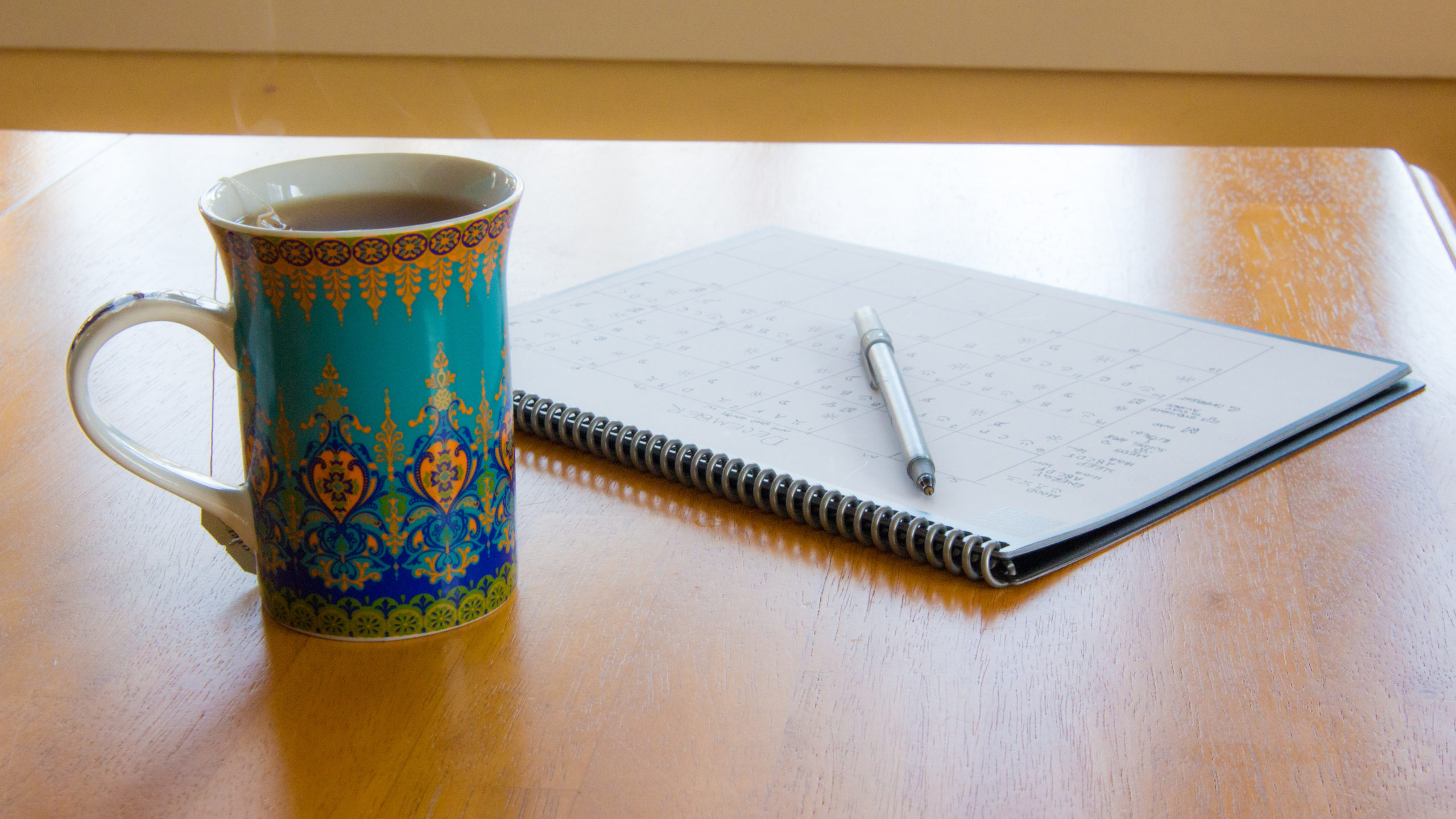Let’s be frank. I’m a serial tracker. I’m a huge fan of spreadsheets, to-do lists, tracking apps, and printing out cute sheets to fill in. I love to start a tracker and then two months later realize that I can’t remember the last time I updated it.
This doesn’t change the fact that there’s serious benefits to keeping track of my symptoms. I’m going to focus on tracking narcolepsy, but know that this concept can be applied in so many more ways. Having the opportunity to look at the data you’ve collected and recognize trends can give you all sorts of information that you can use to make your life better.
For me, being diagnosed with narcolepsy felt like chaos. If you add in the fact that I received my diagnosis right at the beginning of a global pandemic, you can imagine that it became really difficult to sort out everything I was going through – was I depressed because of my new medication, or the fact that I was suddenly unemployed and confined to my house? Was I having trouble sleeping because my body was getting used to my medication, or because my daily routine was completely up-ended?
By tracking my symptoms as well as some of my daily behaviors, I’ve been able to get a better handle on what exactly is going on in my mind and body. I’ve started to see how different aspects of my life contribute to what I’m experiencing. The idea is that there’s so many different things that could be affecting how I’m feeling, so by tracking I am able to rule things out.
Where to start?
There’s so many options when it comes to tracking, so which should you choose? It really depends on what you find works for you. Look around at some options and see what speaks to you. Perhaps a print-out with pretty graphics will get you excited to track every day, or maybe you’re utilitarian and want something plain and simple. Don’t be afraid to just pick one and jump in to try it for a couple months. If it doesn’t feel like it’s working for you, then move on to another option.
Digital or Analog?
Are you the type of person who likes to physically write things down? Do you keep journals or planners? Consider using some sort of physical tracking method. If you refer to your planner multiple times a day, then make it a part of your planner. Make sure that it’s somewhere that is easily available. If you have to think about it too much, if you have to go searching for the tracker, you’re more likely to forget or to simply not bother.
Many of us always have our phone or tablet with us, so then maybe using a digital option can be really convenient. Make a spreadsheet, or try out an app.
What information should you track?
This really depends on what you want to know. Too many items will take more time, could get confusing, or might make it more difficult to quickly spot trends. Too few items and you might be missing out on some important correlations. This might take some trial and error as well. Don’t be afraid to modify what you’re tracking once you get going.
Here’s some suggestions to get you started.
- Energy Level
- Mood
- Bed time
- Wake time
- Quality of sleep
- What time you took a medication
- Naps
- Cataplexy
- Exercise
- Eating habits
- Meditation
Keep it organized
Use a clear, simple way of tracking each item. Things are going to get really confusing if you aren’t consistent or if things are visually confusing. Don’t rate your energy levels on a 1-5 scale where 5 is highest and your mood on a 5-1 scale where 1 is best. You’re going to want to be able to refer to this information to quickly find what you’re looking for, so make this easier on yourself.
I have this data, so now what?
After you’ve tracked for a while, you can start to look for patterns. Maybe the days you had the least energy followed the days that you didn’t eat well. Maybe the days you experienced cataplexy were the days where you hadn’t slept well the night before. Do certain symptoms get worse at the same time every month?
Armed with this new information, you can start to take back some control of your life! If you’ve found that you feel better when you go to bed before 10pm, you can take that into account when planning your day. If you have more fatigue for the first few days of the month, you can avoid setting deadlines for this time period, or make sure to plan for more free time in your schedule.
It can be so powerful to clearly see how your habits and behaviors affect how you’re feeling.
Being armed with the information you’ve collected will help you to better advocate for yourself when seeing your doctor, as well. If you’re trying a new medication, now you’ll have concrete information that illustrates whether it’s working better or worse than your previous one. If you have a doctor who doesn’t think that one of your symptoms is as serious as you feel it is, you can now point to the data that shows how it’s affecting your life.
We don’t have control over our narcolepsy, but we can take steps to help ourselves feel the best that we’re able to.



